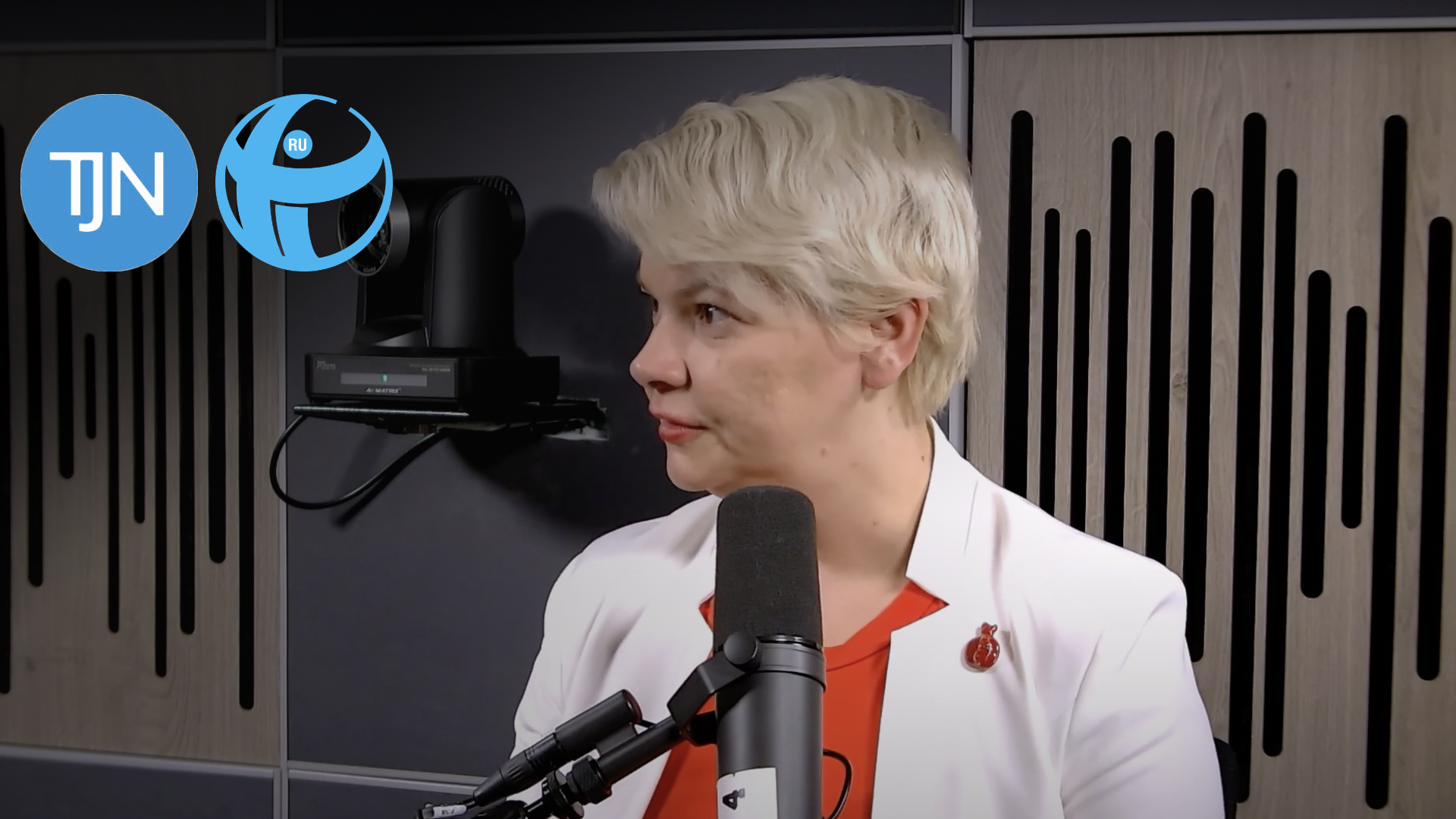Alyona Vandysheva, Executive Director of Transparency International Russia, joined the Pengeland podcast by Tax Justice Norge for an in-depth conversation on systemic corruption in Russia, the crackdown on civil society, the organisation’s ongoing investigative work, and the role corruption plays in fueling Russia’s war against Ukraine.
The episode is available on the Tax Justice Norge website and their YouTube channel.
Below are selected quotes from Vandysheva’s interview.
Is corruption in Russia a systemic issue?
“Corruption is a hidden phenomenon, and it’s tough to explain. But if we base our opinion on some research like indexes, we will see that Russia is always in a terrible situation.”
“At the top level, we see that public officials created a network and they can have all the necessary resources and all the benefits… The whole system is built for that purpose.”
Has digitalisation reduced petty corruption?
“Now people can easily use about 80% of governmental services through the electronic platforms… It’s tough to bribe civil servants. It’s still possible, of course, but it’s an exception.”
On repression of civil society
“The Transparency International movement was designated as an undesirable organization. It means you can’t communicate with Russians anymore… Otherwise, you would be punished.”
“For organizers, it’s a criminal punishment and it’s imprisonment. The minimum term is five years. Right now, it’s even possible to confiscate property for communication with an undesirable organization.”
On the criminal case against Ilia Shumanov
“The criminal case was initiated against Ilia Shumanov for violating foreign agent law… It can be a personal post on Facebook. If you don’t [include a disclaimer], the Ministry of Justice can consider it a violation.”
On investigations and money laundering
“Russian companies used fake contracts. According to those contracts, they bought equipment for recycling, but in reality, they didn’t buy any equipment. It allowed them to launder about $40 billion over six years.”
On continuing investigative work after the war began
“This information is available… about the income of public officials. We can compare it with data from different property registers and find undeclared property. So it still works.”
Is there a link between corruption and war?
“Those countries where the control of corruption is very weak are mostly those that initiated war conflicts. They do that to keep resources and increase the opportunities for illegal influence.”
“Russia was not ready for such a long military conflict. The government started using many corrupt practices to fulfil the lack of resources.”
On the re-nationalisation of business
“The government outlines that the [1990s] privatization process was illegal… Sometimes, they use it against companies whose CEOs have spoken against the war. They just expropriate these companies through the trials.”
On the environmental cost of corruption
“Two tankers had mazut and didn’t have proper documents to enter the Black Sea. How was it possible? Exactly through the corruption violations.”
On accountability and international justice
“We should collect proofs, collect evidence… I still believe that international judgment can work. In case of Putin and his surroundings… It’s necessary to use this evidence in international courts.”

